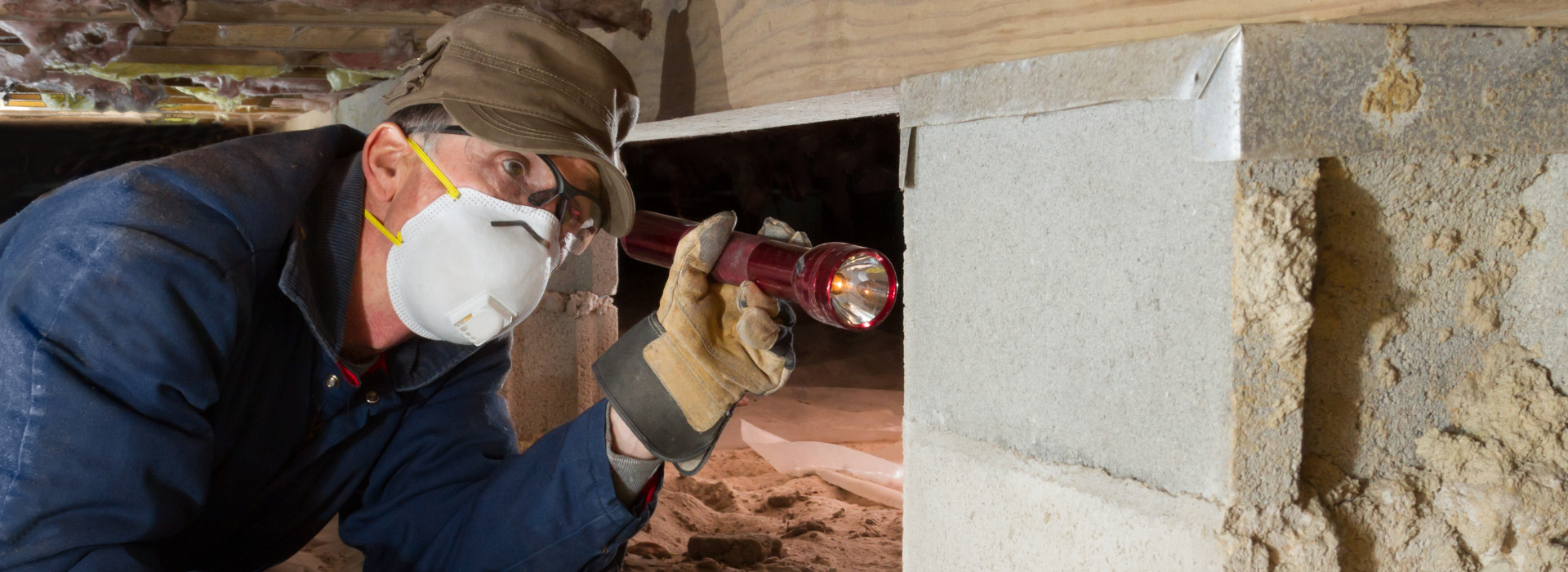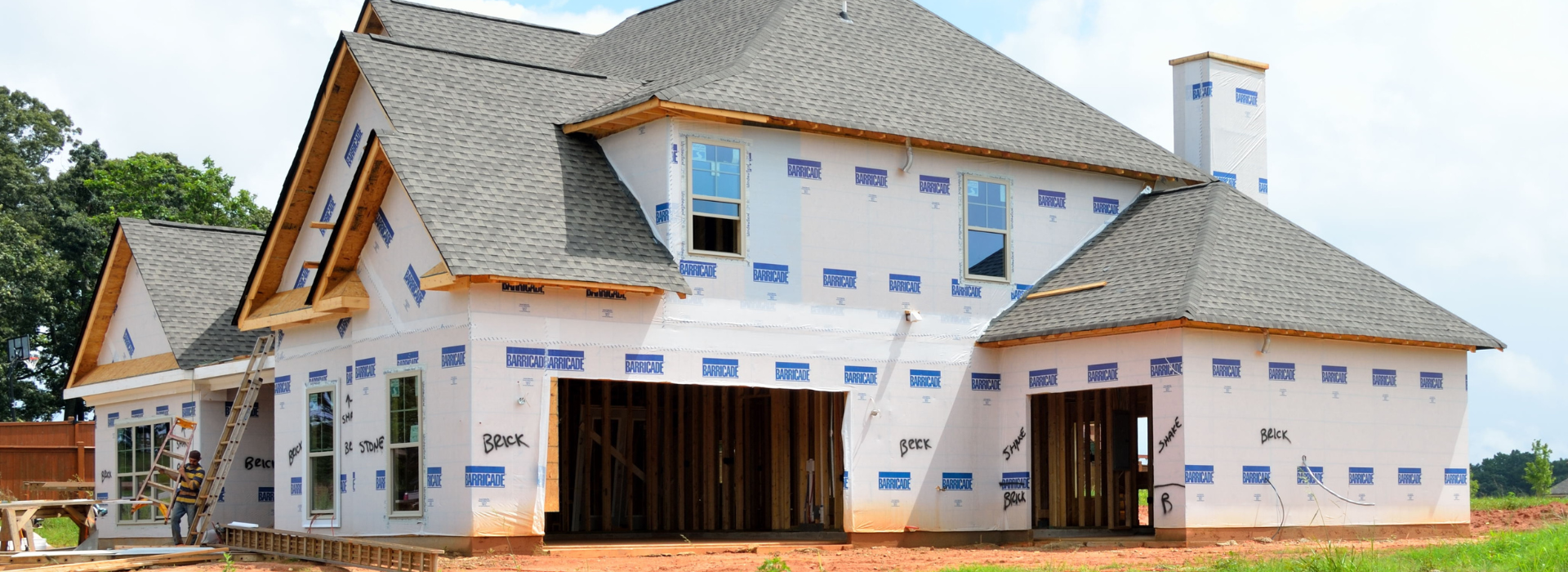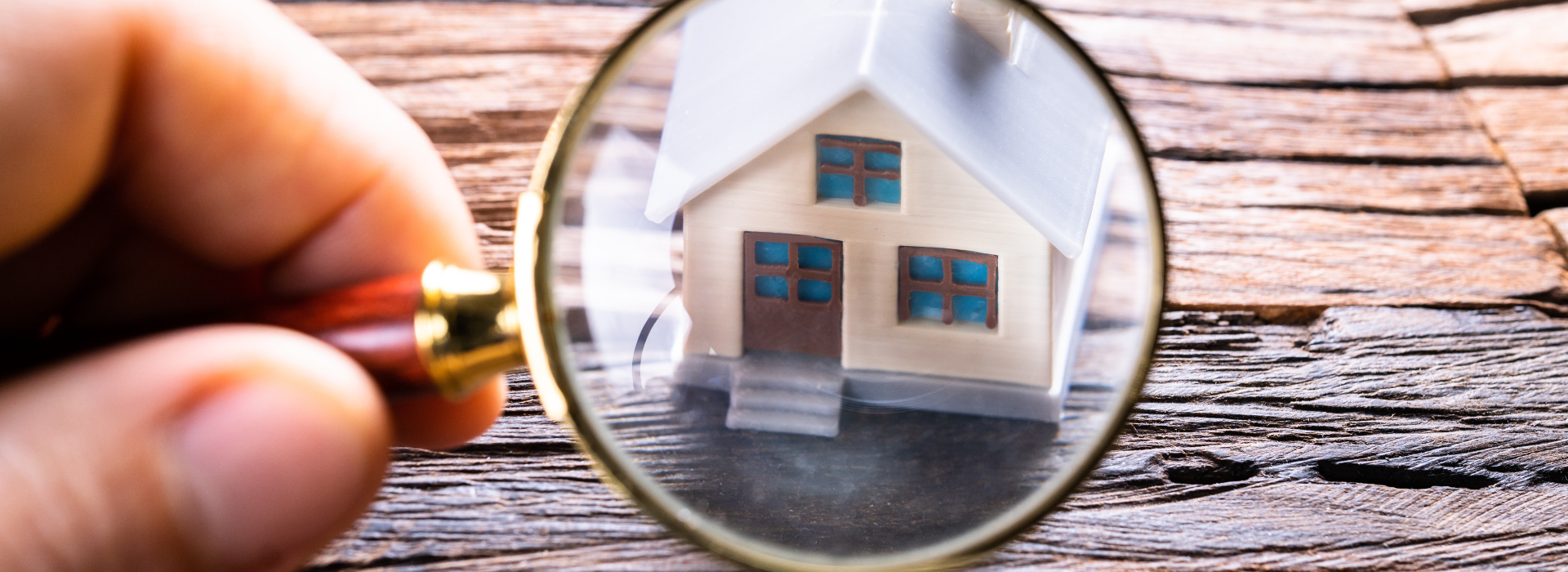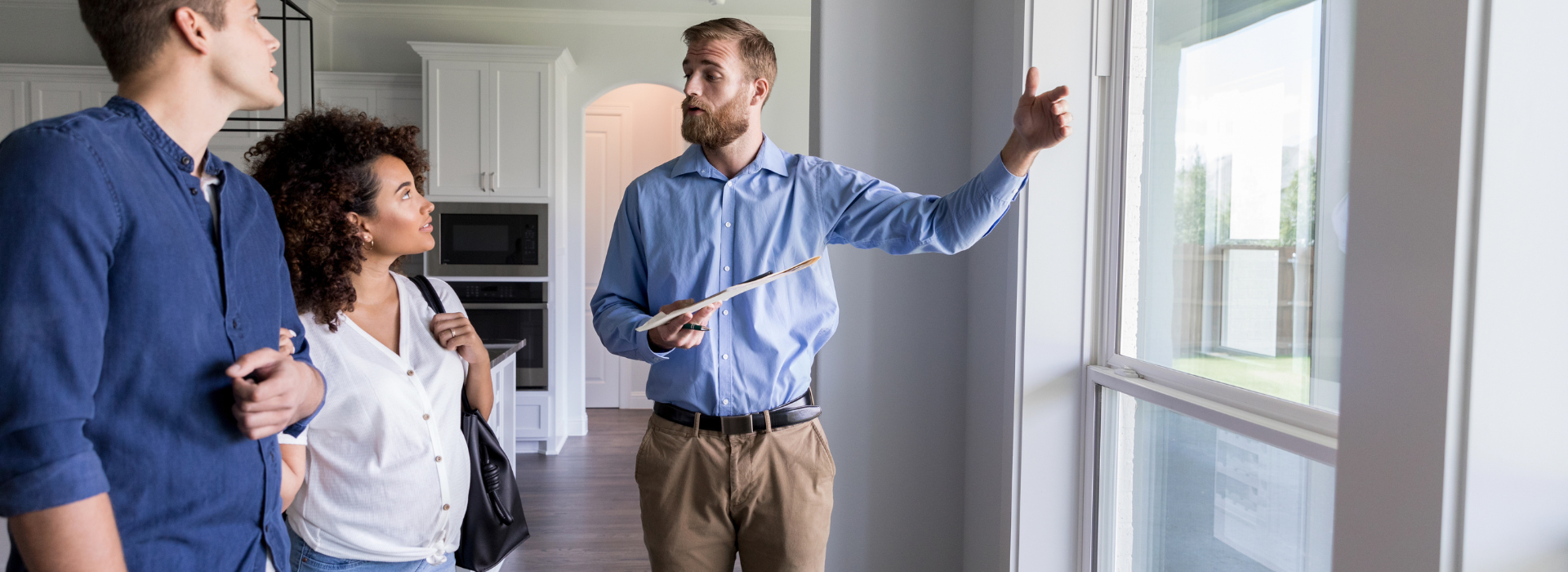Buying a home is one of the most significant investments you will ever make, and ensuring that your future home is safe and sound is essential. Likewise, if you're selling a home, being proactive about identifying potential issues can help streamline the sales process and prevent last-minute surprises. This is where hiring a certified home inspector comes in. A home inspector can uncover hidden flaws, offer guidance on how to resolve them, and ultimately save you time, money, and stress.

What Does a Home Inspector Inspect?
Not all defects are visible to the untrained eye. While a fresh coat of paint or updated kitchen appliances may catch your attention, more pressing issues often lurk beneath the surface. A professional home inspector examines areas such as:
Roof Damage: Missing shingles, leaks, or structural wear
Plumbing Issues: Leaks, water pressure problems, or outdated piping
Electrical Wiring: Faulty connections, outdated wiring, or safety hazards
Structural Integrity: Foundation cracks, wall fractures, or uneven flooring
Moisture and Mold: Excessive humidity, poor drainage, or mold growth
HVAC System: Heating, ventilation, and air conditioning efficiency
Attic and Crawl Spaces: Proper insulation, ventilation, and signs of pests
A thorough home inspection provides buyers and sellers with a clearer picture of the home's overall condition, allowing for informed decision-making.

The Importance of Home Inspections for New Construction
Even if a home is newly built, that doesn’t mean it’s free from defects. Construction involves multiple contractors, and mistakes can occur. Common new construction issues include:
Improper insulation
Incorrect venting
Poor drainage systems
Window or door leaks
Incomplete painting or finishing work
A home inspector ensures that your new home meets quality standards and prevents costly repairs later on.

The Importance of Home Inspections for New Construction
Even if a home is newly built, that doesn’t mean it’s free from defects. Construction involves multiple contractors, and mistakes can occur. Common new construction issues include:
Improper insulation
Incorrect venting
Poor drainage systems
Window or door leaks
Incomplete painting or finishing work
A home inspector ensures that your new home meets quality standards and prevents costly repairs later on.
The Benefits of a Pre-Listing Inspection for Sellers
If you're selling a home, getting a pre-listing inspection can be a game-changer. It allows you to address any potential problems before listing, making your home more attractive to buyers. Benefits include:
Avoiding Negotiation Delays: Addressing issues upfront can prevent buyers from using them as leverage.
Boosting Buyer Confidence: A clean inspection report can make your home stand out.
Setting a Competitive Price: Knowing the true condition of your home helps set a fair and accurate listing price.
How to Choose the Right Home Inspector
Selecting the right home inspector is crucial to getting a comprehensive evaluation. Here are some tips:
Ask for Recommendations: Your REALTOR®, family, and friends may have trusted referrals.
Verify Certifications: Check the Louisiana State Board of Home Inspectors for certified professionals in the Greater Baton Rouge area.
Look at Reviews: Online reviews can give insight into an inspector’s reputation and reliability.
Should You Attend the Home Inspection?
While it's not mandatory, attending the home inspection is highly recommended. Being present allows you to ask questions, see potential issues firsthand, and better understand the inspector's findings.
Final Thoughts
Hiring a home inspector is a crucial step in the real estate process. Whether you’re buying, selling, or investing in new construction, a thorough inspection provides peace of mind and financial protection. Don’t leave your investment to chance—ensure your home is inspected by a professional.



